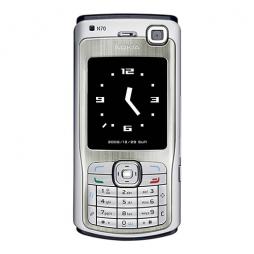- About
- MobileActive in a few words
- Blog
- The latest news and information on mobiles for social change
- Mobile Data
- Data on mobile usage, costs, and penetration by country
- mDirectory
- Search for mobile tools, case studies, research, and how-to materials
- Donate
- Contribute money to MobileActive.org
- Contact
- Contact us
- Vision and Goals
- The world we are building with you
- Team
- Meet our board, staff, and interns
- Press
- Press coverage and information for the media
- In Review
- Read what we've been doing
- Mobile Tools
- Mobile solutions for social development and social change
- How-Tos
- Strategic or tactical advice on implementing mobile solutions
- Case Studies
- Detailed descriptions of an implementation of a mobile project or tool
- Research
- Academic research, articles, or white papers on mobiles in social development
